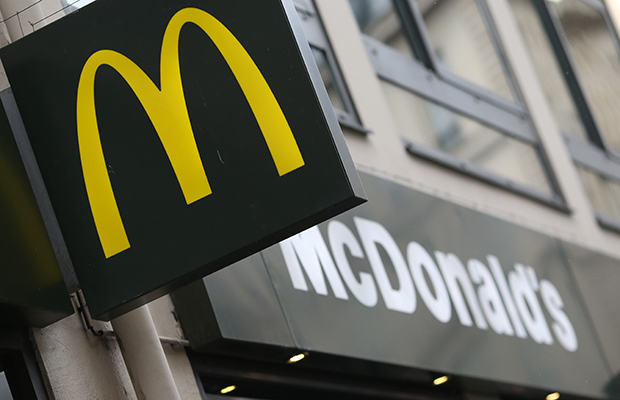McDonald’s reported a surprising decline in global sales on Monday, marking its first drop in 13 quarters. This decrease is attributed to deal-seeking consumers avoiding higher-priced menu items like Big Macs.
Persistent inflation has driven lower-income consumers to opt for more affordable food options at home. This trend has led fast food chains such as McDonald’s, Burger King, Wendy’s, and Taco Bell to emphasize value meals to attract customers.
CEO Chris Kempczinski noted that consumers are becoming more selective with their spending. “Consumer sentiment in most of our major markets remains low,” he said.
Global comparable sales fell by 1% in the second quarter, contrary to analysts’ expectations of a 0.5% increase. Overall revenue, however, rose by 1%.
In an effort to bring back customers who have reduced their restaurant visits, McDonald’s launched a $5 meal deal in June at most of its US locations, extending the offer into August.
Edward Jones analyst Brian Yarbrough highlighted that the most significant impact on McDonald’s has been the reduced visits from low-income consumers, which has overshadowed the typical increase in traffic seen during economic downturns.
This trend aligns with comments from Coca-Cola CEO James Quincey, who recently noted “some softness in away-from-home channels” in North America, indicating fewer people are eating out.
Despite the sales decline, McDonald’s maintained its 2024 operating margin forecast in the mid-to-high 40% range. The company’s shares, down 15% this year, were trading flat at $251.20. McDonald’s also kept its capital expenditure budget of up to $2.7 billion, with over half allocated for new restaurants in the US and international markets.
US comparable sales fell by 0.7% in the quarter ending June 30, compared to a 10.3% increase the previous year. International market sales, which accounted for nearly half of McDonald’s 2023 revenue, dropped by 1.1%, mainly due to weakness in France.
The slower-than-expected recovery in China and ongoing Middle East conflicts also negatively impacted McDonald’s performance in regions where local partners operate the restaurants, with sales declining by 1.3% compared to a 14% increase a year ago.
Consumer boycotts related to the Gaza conflict have further affected sales in the Middle East for companies like McDonald’s and Starbucks.
McDonald’s reported an adjusted earnings per share of $2.97 for the second quarter, falling short of the expected $3.07.
For more insights on business, finance, and tech from Pakistan and around the world, follow Dawn Business on Twitter, LinkedIn, Instagram, and Facebook.


